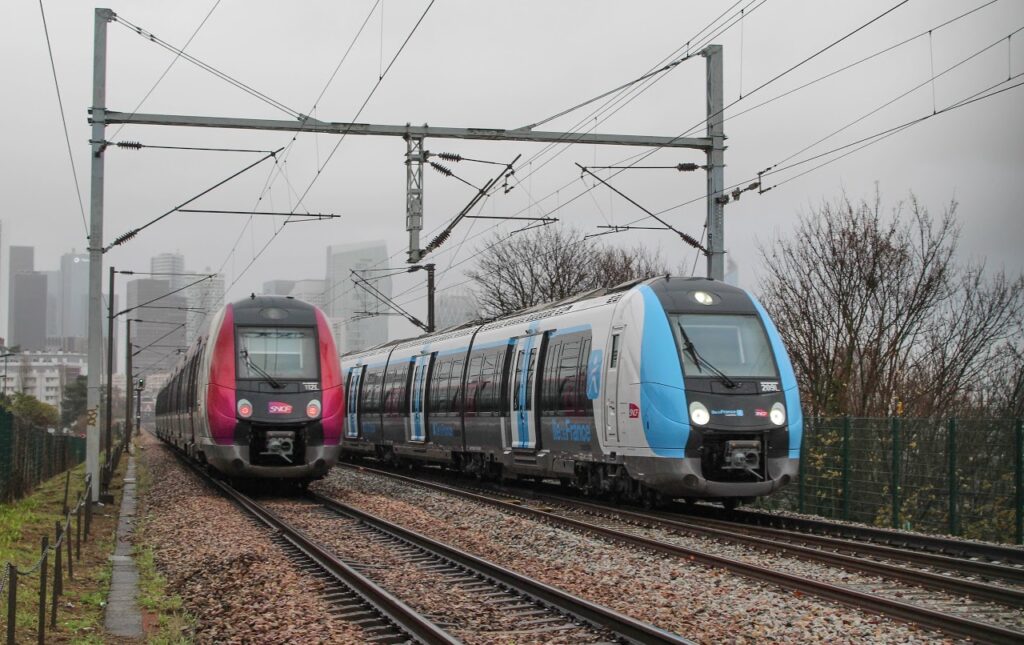France is prioritising rail, as Prime Minister Elisabeth Borne announced the release of tens of billions of euros to invest in the most decarbonised transport infrastructure possible. The major network renovations will modernise France's RER lines and intra-regional rail.
After months of debate, Borne announced on Friday a plan of €100 billion to be spent by 2040 on rail transport. The minister added that this will be in addition to previous commitments. The amount corresponds to the estimate by SNCF CEO Jean-Pierre Farandou, who envisaged this would be the sum needed for a 15-year investment programme.
France will start by adding €1.5 billion each year to the current rail budget and will do so for the next five years with the aim of “putting an end to the ageing of the network”. This will see some tracks replaced, as well as renewing signalling and digitising signal boxes.
The results will be "more trains, better punctuality and shorter journey times”, which Borne hopes will make the train “an attractive and credible alternative to the car”.
RER everywhere
“Beyond the continuation of the new line projects and the relaunch of night trains, this will involve the deployment of metropolitan RERs," Borne stated.
Another key element of the “new rail deal” will be France's Regional Express Networks (named after the RER in the Ile-de-France region). These will be are to be deployed around a dozen major cities, some of which, such as Strasbourg, Bordeaux, Grenoble and Lyon, have not waited to start planning these networks.
Related News
- How Brussels is building its next metro line
- Belgium in Brief: Full steam ahead for Europe's night trains
The Société du Grand Paris (SGP) – which is currently building the "supermetro" around the French capital – will work in tandem with SNCF Réseau and will start in March by talking to the regions and metropolises.
Borne has long been discussing an overhaul of France's rail network and hopes to “build complete transport networks for the French”. She stressed that rail must be the “backbone” of the government’s transport policy, which also wants to augment car-sharing, car-pooling, and cycling.

